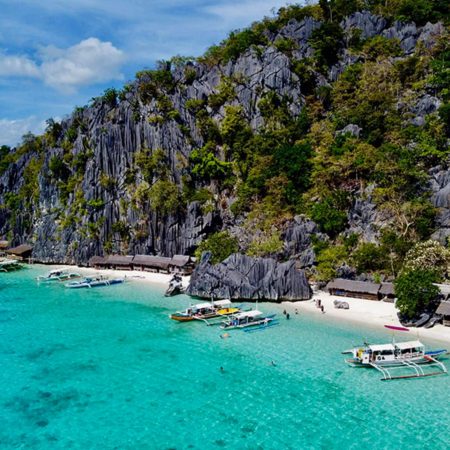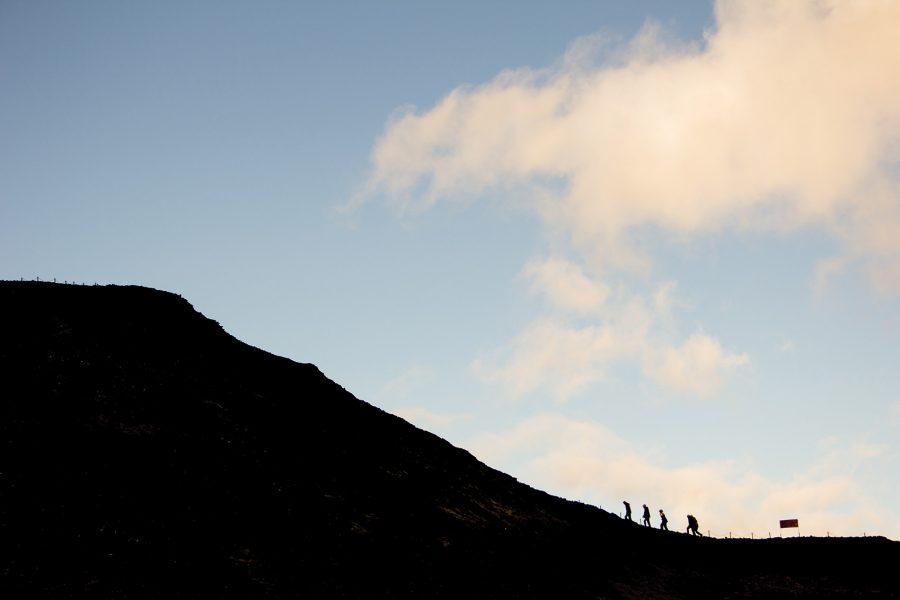You land at Komodo airport on the Indonesian island of Flores, then drive for four hours through jungle-shaded roads to Denge village. From there, it’s a 30-minute motorcycle ride to reach the starting point of a two-hour mountain hike to 1,200m above sea level. You’ve arrived at Wae Rebo, one of the world’s remotest villages. With its distinctive conical dwellings and ancient agricultural lifestyle, Wae Rebo has become popular with those for whom a holiday is going as far off the beaten track as possible.
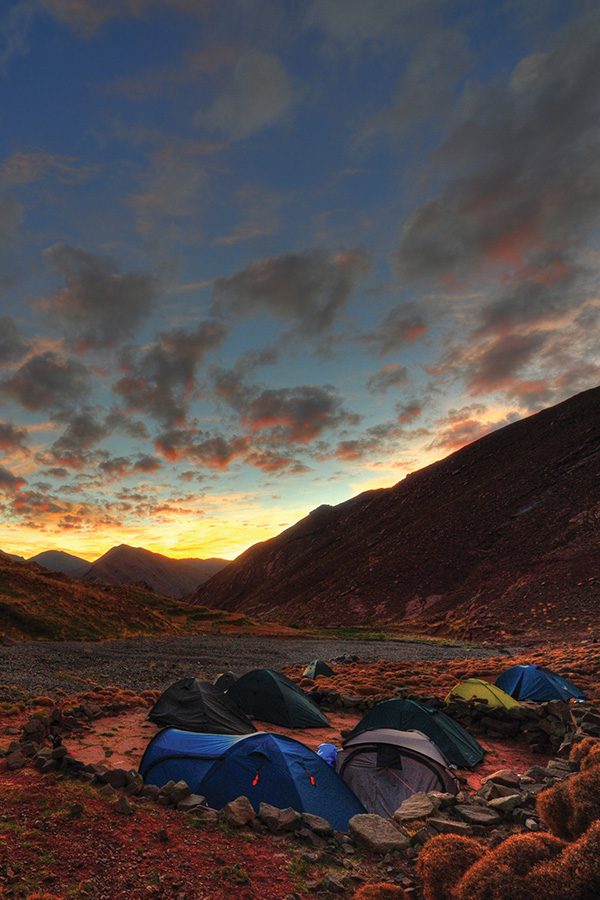
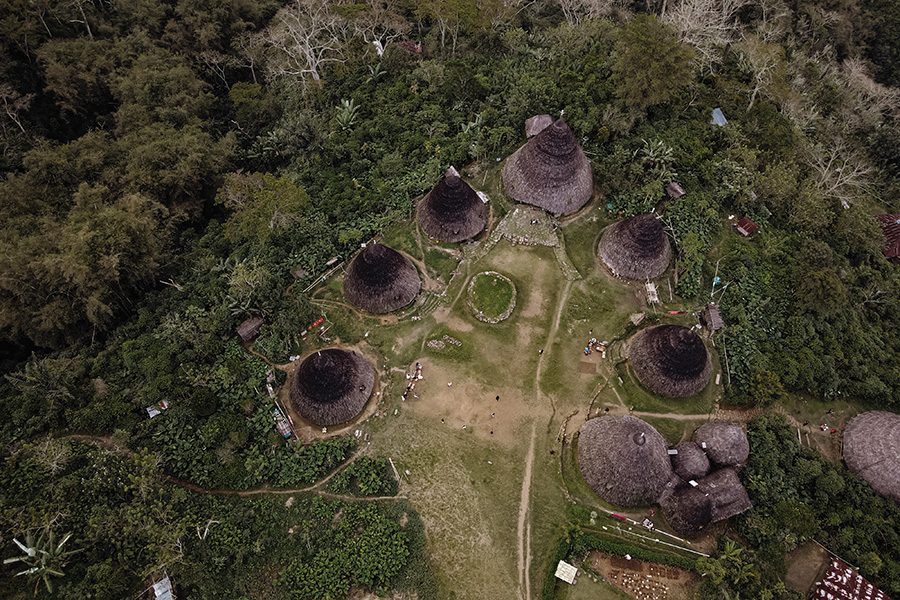
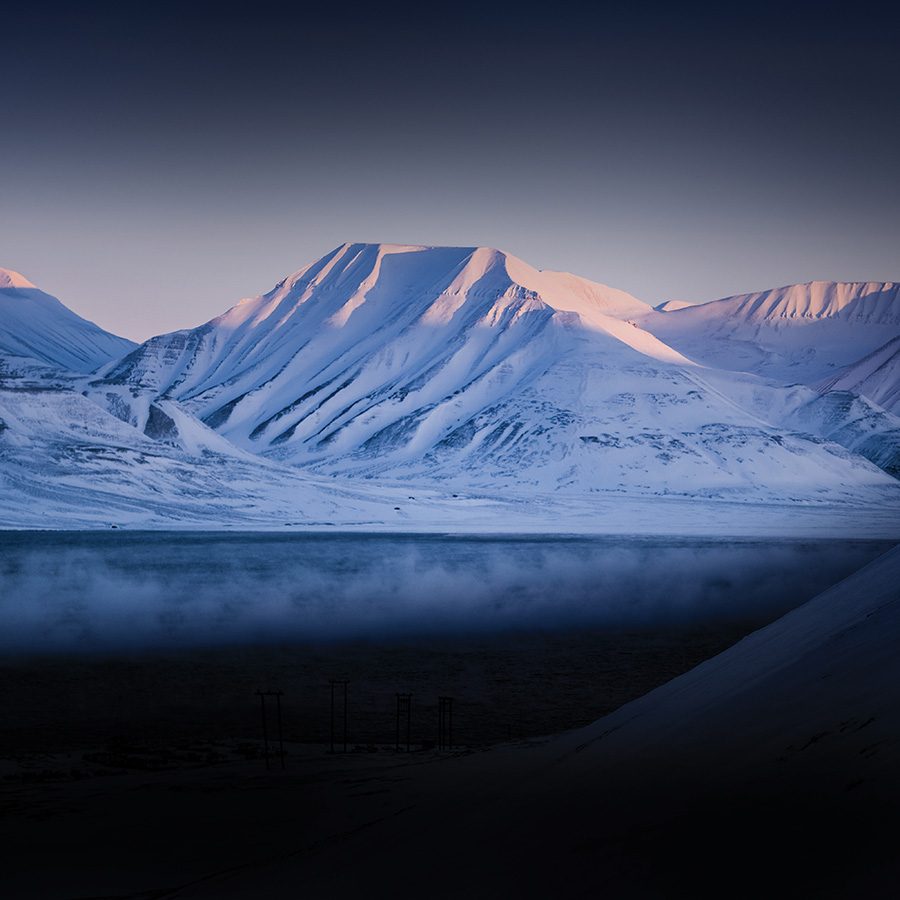
Yohanes Barlianto went to Wae Rebo to live off-grid for a week. The 35-year-old manages an exclusive resort in Bali but his own getaway was deliberately far from luxury. He was hosted with other visitors in the same hut, and meals of rice, eggs and vegetables were eaten together. With minimal electricity and zero phone signal, Barlianto joined the villagers in living by natural light and helping to farm everything he consumed.
From Indonesia himself, Barlianto felt compelled to explore his home nation while doing something out of the ordinary. “I wanted to know about my origins,” he says. “It was a unique experience and an authentic cultural journey that really opened my eyes and took me back to my roots.”
He isn’t alone in shunning the deckchair and heading out into the unknown: one of the most popular travel trends of the moment is “extreme escapism”, where challenging, remote and unpredictable environments are part of the itinerary.
Anyone can pack a rucksack and head into the wild without spending a single dollar, but the trend has given rise to a new group of adventure travel concierges like Black Tomato. Whether you want to be dropped onto an Icelandic glacier and told to reach a grid reference within 10 days, navigate the Mongolian steppe or go quad biking across Botswana’s otherworldly salt pan, Black Tomato caters to all breeds of adventurer, but its Get Lost programme is its most challenging.
“You can pick an environment to get lost in or you can tell us, ‘Take me anywhere’. You’ll be dropped somewhere with a rudimentary kit and challenged to explore your way out of that environment,” says co-founder Tom Marchant.
Clients are grilled on their preferences before the team, many ex-military, build an itinerary based on a navigational objective and degrees of challenge. They are given basic training in safety and survival, and are monitored discreetly throughout their expedition to ensure they don’t encounter true danger.
“We developed Get Lost around the idea that sometimes you need to lose yourself to find yourself,” says Marchant, who terms Black Tomato’s style of travel as “frontier tourism” – with physical and mental connotations. “We’re talking about certain parts of the world being still unmapped, as well as your own personal frontiers, the psychological. A place doesn’t have to be non-discovered for you to be doing something new.”
Over his company’s nearly two decades of operation, he has watched as clients’ appetite for adventure has grown, especially as technology has become increasingly more intertwined with their lives. “People think they’re going away to relax and recharge by lying on a beautiful beach, but their phone’s still there and the emails are coming in and they’re not switching off.
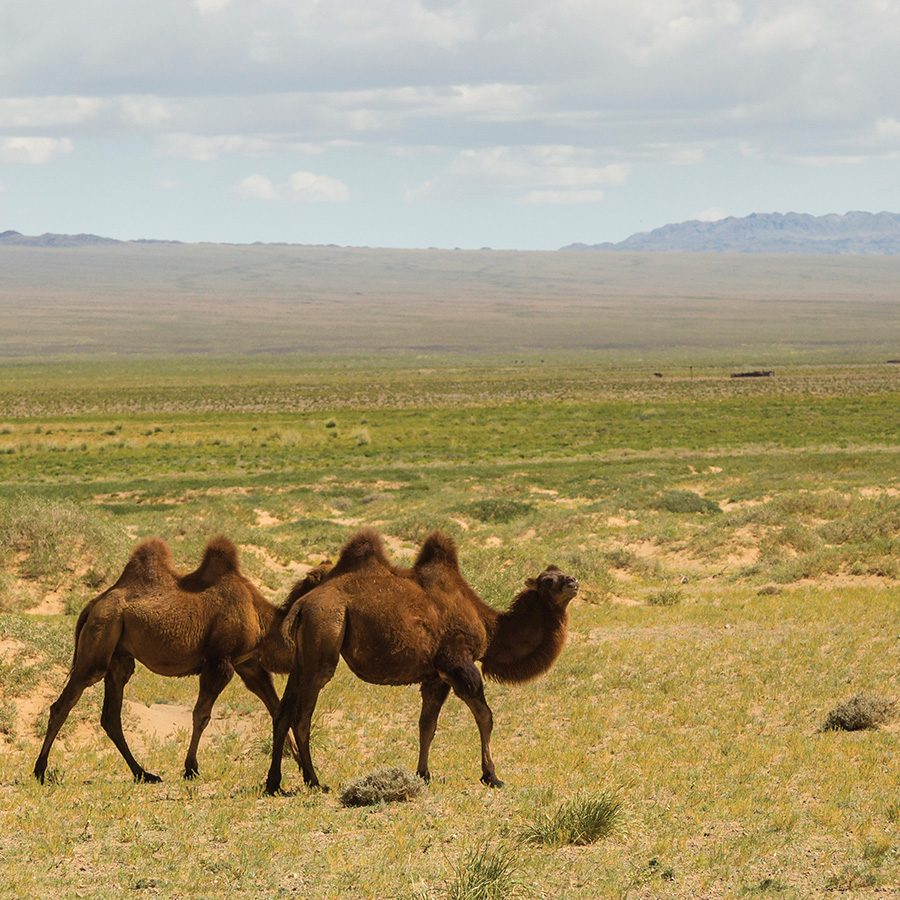
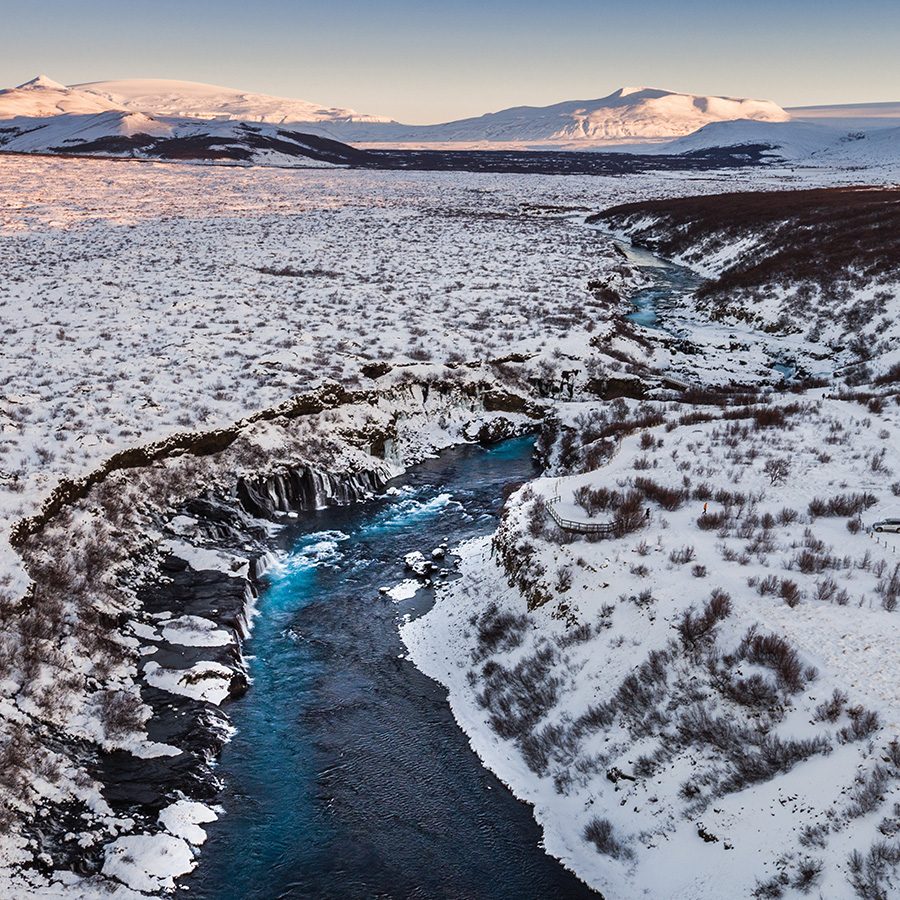
“When you’re on a Get Lost experience, you need to be thinking about everything you’re doing, every step you're taking. It makes you present. Suddenly, all distractions fall away. For us, this is a form of wellness.” He’s seen everyone from high-flying CEOs and journalists to father-son duos and (otherwise) stay-at-home mothers tackle a Get Lost challenge. “The thread between them is curiosity, this desire to do something different and challenge themselves. They’re looking for a kickstart.”
Whether going deep into remote areas to live off-grid or signing up to get purposefully lost, there’s an ever-widening seam of travellers looking for extraordinary holidays that change their perspective.
“It really humbles you and brings you down to earth,” says Barlianto of his Wae Rebo trip. “It was a good reminder for me to appreciate what I have.” He’s now made it his goal every year to take cultural trips around the less-developed islands of Indonesia.
“I want to explore more.”
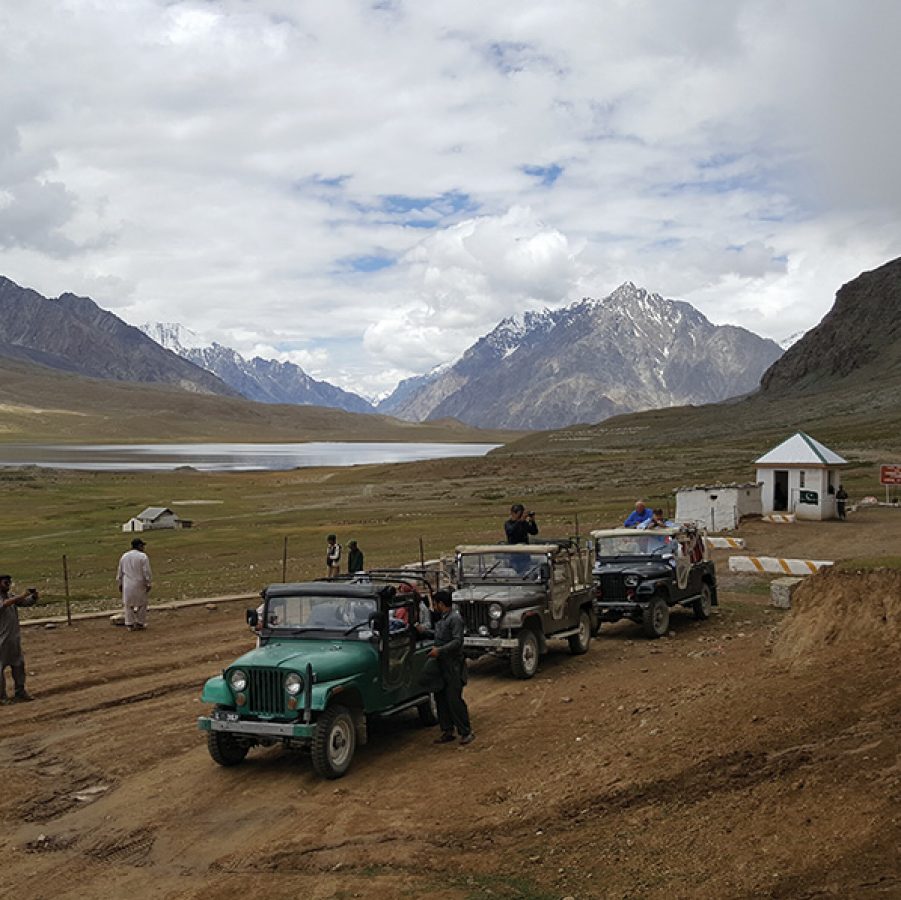
Three more operators that will whisk you away to somewhere wild:
1. Untamed Borders
Founded by journalist travel fixers, adventure specialist Untamed Borders offers “bespoke trips and small group tours to some of the world’s most interesting and inaccessible places” – whether desert, forest, mountain or tundra.
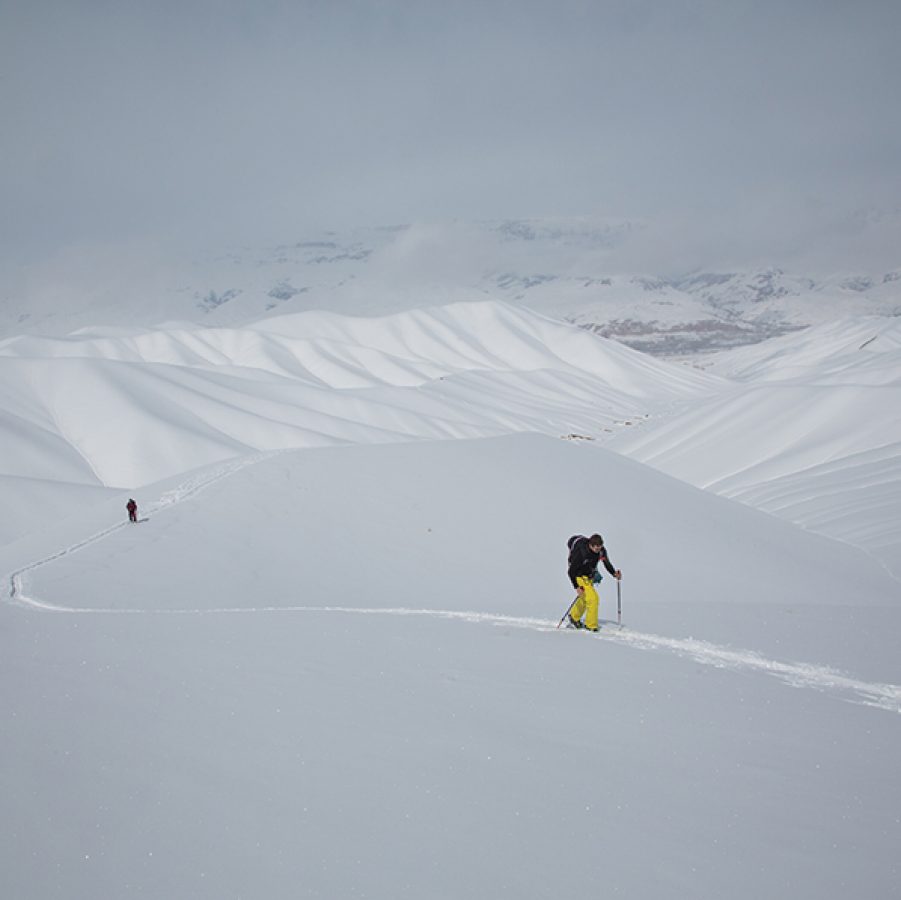
2. Boswa Survival
South Africa-based Boswa Survival trains clients in the art of bushcraft, knifemaking, navigation, tracking and more at multiple locations, including Gouritsmond in the Western Cape, promising to make you unstoppable.
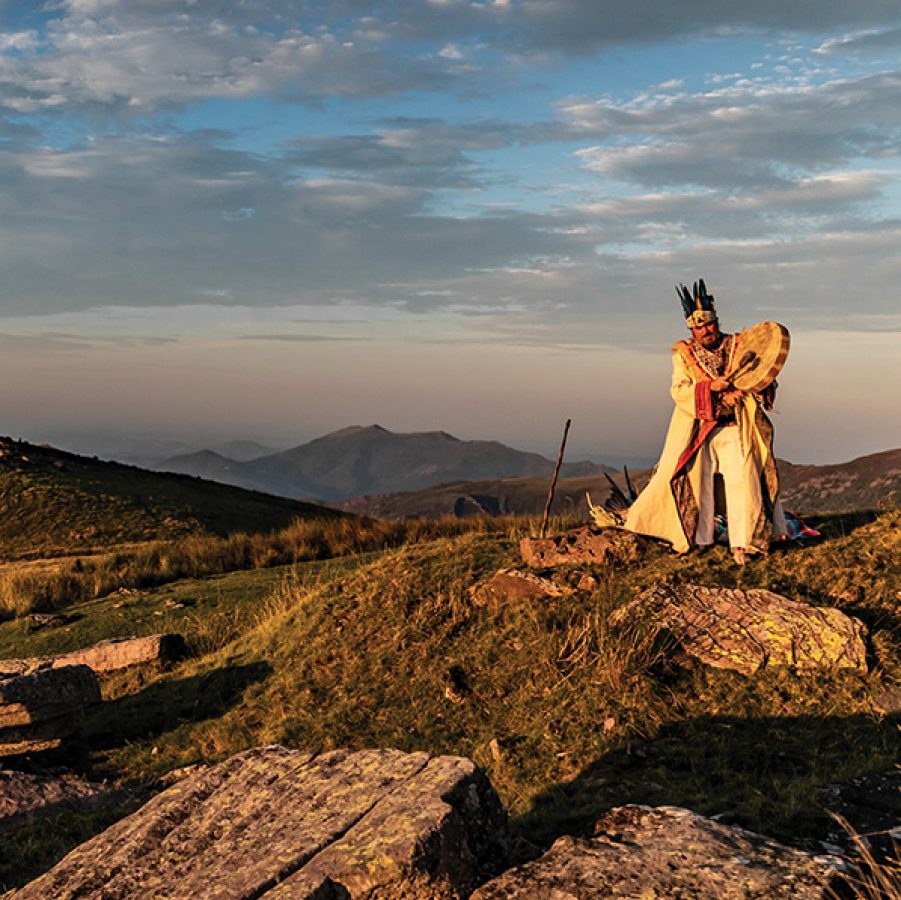
3. Wisdom Quest
Embark on a transformational journey in the Basque Pyrénées. Based on an ancient rite of passage and steeped in spirituality, a wisdom quest comprises shamanic teaching, time alone disconnected from people and technology, and sweat lodge and purification ceremonies.
More inspiration
- China – the Chinese Mainland, Hong Kong SAR, Macao SAR and Taiwan Region
- Hong Kong SAR - English
- Chinese Mainland (China) - English
- Taiwan, China - English
- 香港特別行政區 - 繁體中文
- 中国內地 - 简体中文
- 中國台灣 - 繁體中文
- Africa
- South Africa - English
- Asia
- Bangladesh - English
- Korea - English
- Singapore - English
- Cambodia - English
- 한국 - 한국어
- Sri Lanka - English
- India - English
- Malaysia - English
- Thailand - English
- Indonesia - English
- Maldives - English
- ประเทศไทย - ภาษาไทย
- Indonesia - Bahasa Indonesia
- Myanmar - English
- Vietnam - English
- Japan - English
- Nepal - English
- Việt Nam - tiếng Việt
- 日本 - 日本語
- Philippines - English
- Australasia
- Australia - English
- New Zealand - English

